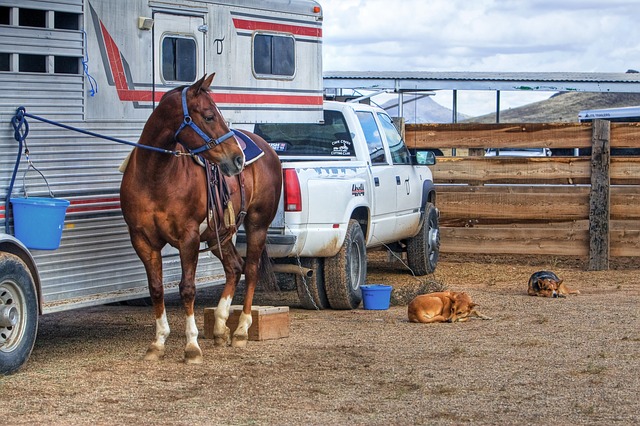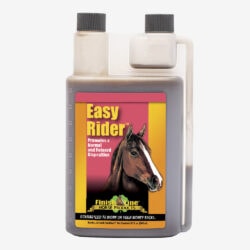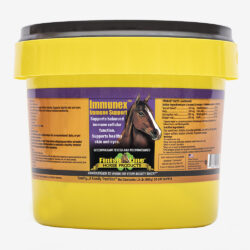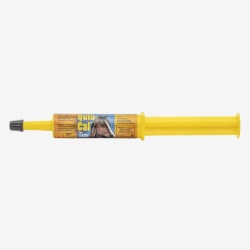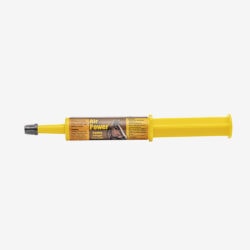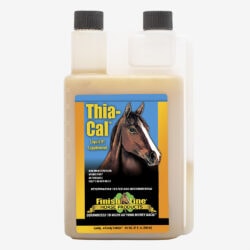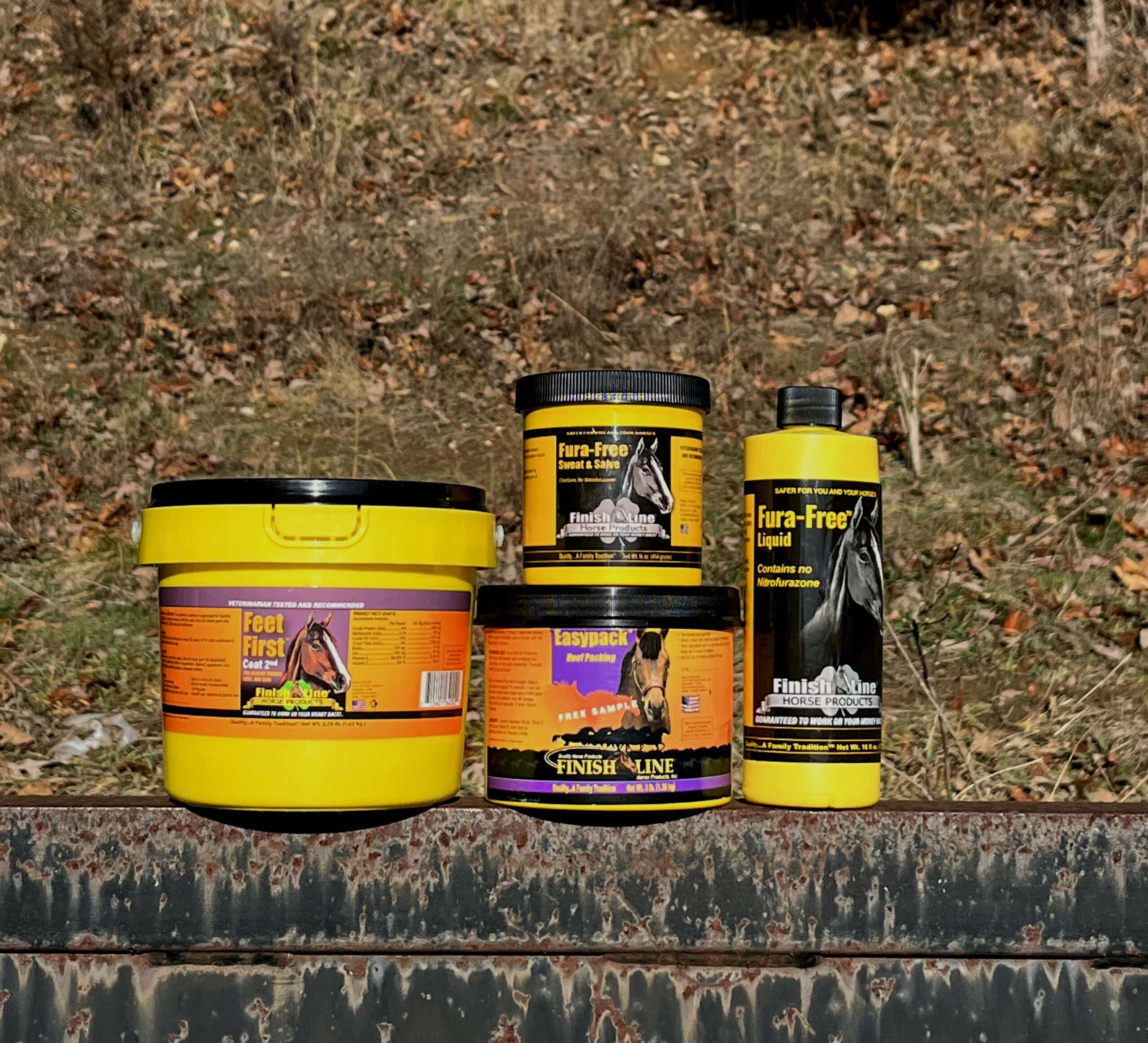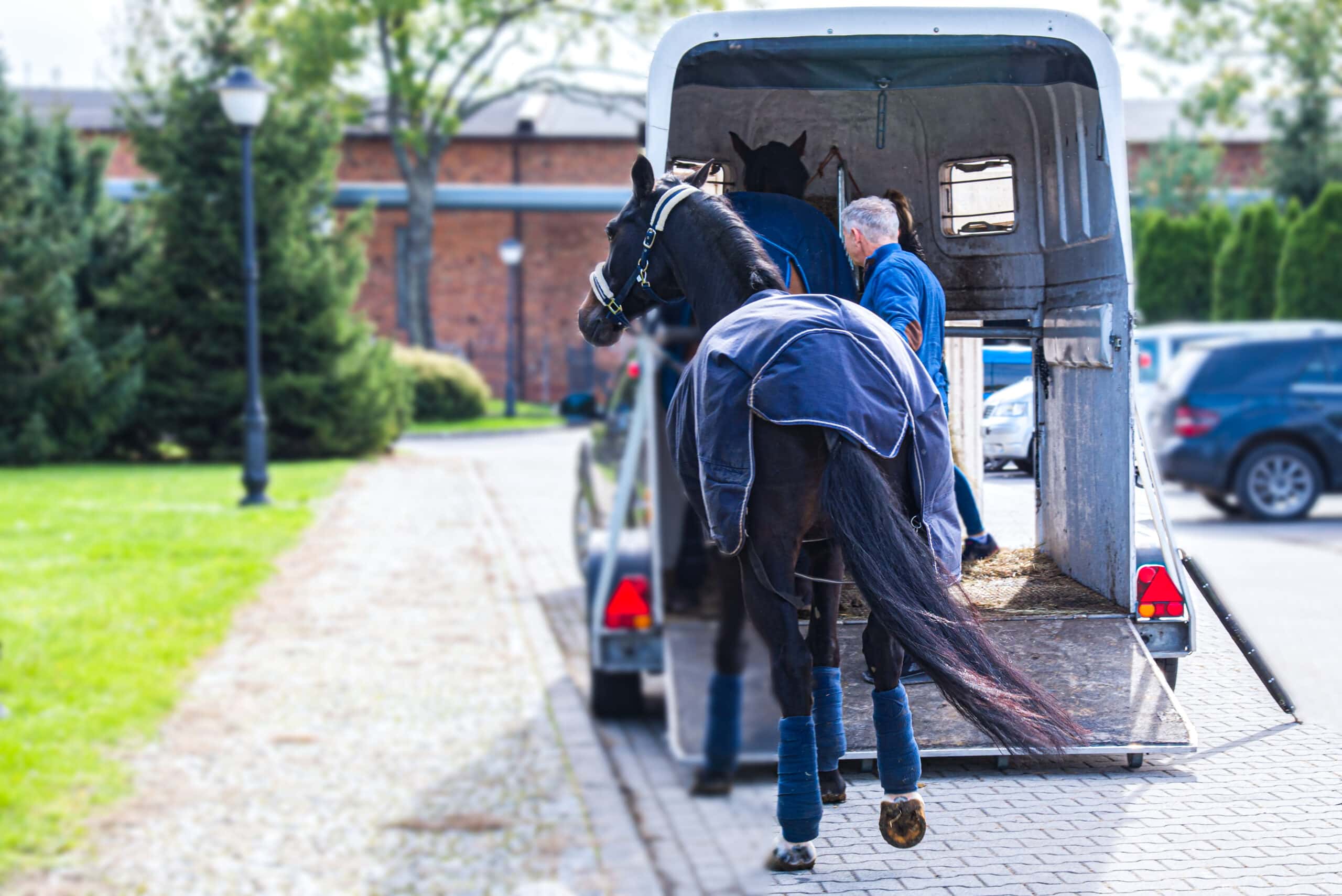As competition seasons come and go, horses find themselves logging significant hours on the road. Some horses even cross continents for international events and breeding commitments. If you’re gearing up to transport your horse, it’s important to understand the emotional and physical toll that a journey can have on your companion. From the potential of shipping fever to the stresses of travel, a range of equine immunity challenges arise when transporting a horse.
By staying informed and taking an immunity-first approach, you can take steps to ensure your horse’s well-being throughout its journey so you can both sit back and enjoy the ride.
Prioritizing Equine Immunity & Health
Preparation for travel should start well ahead of the actual departure date. Roughly a month prior to your planned departure, it’s wise to schedule a thorough veterinary check-up for your horse. This proactive step ensures your horse’s readiness for the journey ahead. The veterinarian may conduct a Coggins test to detect equine infectious anemia and administer any necessary vaccinations.
The four main vaccinations required before travel are tetanus, encephalomyelitis, rabies, and West Nile Virus. However, keep in mind that your vet likely won’t vaccinate your horse if they are sick, as the immune system is preoccupied with fighting the illness. Administering vaccines during illness could potentially compromise their efficacy.
If the horse is approved for travel, the vet will issue a Certificate of Veterinary Inspection.
Adaptogens: Bolstering Equine Immunity and Managing StressAdaptogens: Bolstering Equine Immunity and Managing Stress
Stress management takes center stage in ensuring your horse’s well-being while in transit. As travel presents new environments, and standing in a trailer or shipping container for long periods of time with their heads in an unnaturally high position, being in transit can be inherently stressful for a horse. This increased stress prompts the release of elevated cortisol levels into the bloodstream, impacting the immune system’s ability to combat infections. Systemic inflammation is also a byproduct of stress and a foundation of many ailments.
Horses being hauled for long distances are susceptible to a condition called shipping fever. Shipping fever is a pulmonary disorder that is found in animals who are shipped long distances, and when left untreated can lead to more acute conditions such as pneumonia.
In order to allow your horse time to decompress, and to fight off any ailments it may have developed while in transit, be sure to allow for a three-day rest period when you arrive at your destination. This buffer time is recommended for any hauls longer than two hours.
A great way to manage stress relief, and therefore bolster equine immunity, is through the use of adaptogens. Adaptogens, like ashwagandha, are active ingredients in certain plants that can help a body manage stress, anxiety, and fatigue more effectively.
There are also habit-forming measures you can take with your horse to help manage a high-stress environment or situation. Ideally, your horse should be acclimated to the transportation process from an early age. This familiarity makes the prospect of entering the trailer less daunting for the horse– and therefore less of a threat to their immunity. Regular training can also help a horse manage fear responses to being near trailers and being on the road.
Healthy Horse Shipping Tips
Dehydration is another threat to traveling horses, so ensuring that they have clean water and plenty of electrolytes can help keep illnesses at bay. An electrolyte supplement, like Apple-a-Day™, can be a great travel companion for your horse.
Another travel-born equine health compromise is respiratory irritation from inhaling dust and hay. Proper ventilation is key to a healthy trip, and a soothing supplement to help coughs and irritation, like Air Power™, can also provide relief to your horse.
Upset stomachs can also happen while in transit, so starting a horse on a gastric aid, like U-7™, a few weeks before you embark on your journey can definitely help ease their stomachs along with their anxieties.
When moving a horse across state, or even country, lines, understanding the intricacies of equine immunity, managing the risk of shipping fever, and embracing stress-reducing strategies can help alleviate the challenges of horse travel. That’s why we formulated Immunex™. Developed to promote a healthy immune system so it isn’t compromised during shipping, Immunex™ supports balanced immune cellular function, as well as healthy skin and eyes.
Other products to consider before you and your horse hit the road are:
Easy Rider: Recommended to promote relaxation with a sense of mental alertness without drowsiness.
Thia-Cal™: Promotes healthy nerves in your horse in a daily feed supplement. This is a potent Thiamine-and-Magnesium supplement balanced with Calcium.
Quia-Cal®: is a fast-acting one-shot oral paste that promotes healthy nerves in your horse. Use as an aid in the prevention of minor nervousness during times of stress.
Air Power™ : Powered by ingredients such as Honey, Menthol, Eucalyptus Oil, Lemon Juice, Aloe Vera, Apple Cider Vinegar, and Ethanol, it provides relief of minor coughs due to irritation.
Apple-a-Day™: Sugar, filler, and artificial color-free, it helps promote healthy hydration in your horse by replacing electrolytes lost during daily activity.
U-7™: helps promote a healthy equine digestive system including the foregut and hindgut.



